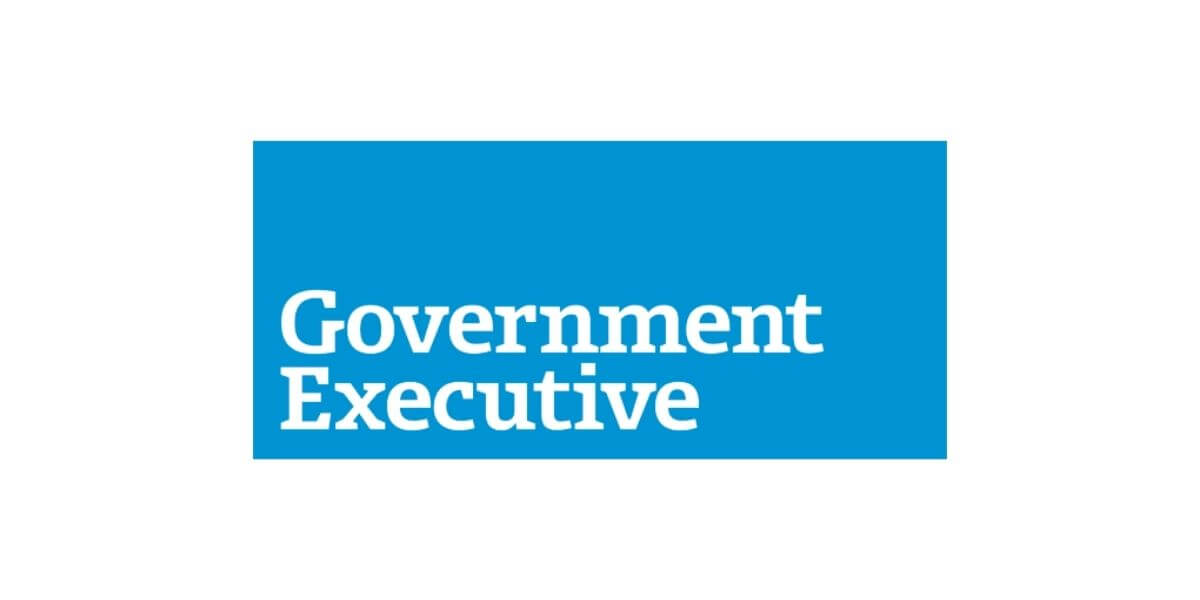There are generally three steps followed throughout the adjudicative process for most agencies when considering whether to grant access to classified information. It is important that anybody who might wish to possess or maintain a clearance understands their rights at each step. It is also important to understand that the focus on one of the three steps has changed due to the COVID pandemic.
Here is a general outline of the steps in the adjudicative process.
Step 1: Drafting and Submitting an Application
Step one is drafting and submitting an application for a security clearance (often an SF-86 or eQip).
First and foremost, an applicant must understand that this is the first step in creating the record upon which an adjudication will be based. You must ensure that the application is thorough and properly completed in a way that will (1) create a safe and solid record to be relied upon during the adjudicative process and (2) present the facts in the light most favorable to the applicant.
Applications should be reviewed for potential adjudicative guideline violations prior to final submission. There is a great deal of discretion involved in the security clearance adjudicative process, and you have one chance to make a good first impression. Do not underestimate the value of a properly completed initial application.
Step 2: An Initial Determination is Made
Following review of the initial application and completion of the interview process with the assigned investigator, an initial determination will be made. This is not a “final” determination. Most applicants will have 30 days to draft and submit a written response if they are notified of an Intent to Deny or Revoke their application.
It is not uncommon for security officers to downplay the significance of this response. Applicants and those undergoing their periodic reinvestigation should have a thorough and detailed response drafted, which responds to and addresses each specific allegation with a written response and evidence sufficient to mitigate the Government’s concerns.
Applicants must also address the whole-person concept. It is not uncommon for a thorough and properly drafted response to consist of 30-100 pages. Simply denying the allegation or admitting and coming clean (“falling on your sword”) will almost definitely result in a denial of your application.
Do not underestimate the importance of a well written response, especially while courts are temporarily closed. Depending upon the agency that is considering the application, this might be the first “final” determination. There is almost always an opportunity for a hearing or a personal appearance following this determination.
Step 3: Opportunity to Attend a Hearing or Personal Appearance
If you receive notification that your written response failed to mitigate the Government’s concerns, you will likely have an opportunity to attend a hearing or a personal appearance. For some, this is the last step before the decision is considered “final”. For others, this is an appeal of what is already considered a final decision.
Regardless, the preparation and standards are quite similar. You must prepare a strategy that will help to present facts, testimony, witnesses and evidence in the light most favorable to you in an attempt to assure the Government that you have mitigated any remaining concerns.
You might have an opportunity at one last written appeal following this step, but the personal appearance is usually where you will have the best opportunity to accomplish your goal. Given the COVID pandemic, hearings are being postposed and delayed indefinitely for most courts.
Conclusion
It is reasonable to expect that adjudications will continue. The lack of opportunity for hearings may increase the importance of submitting a well-prepared SF-86 and a properly drafted response to any Notice of Intent to Deny or Revoke your application for a clearance.
It is reasonable to expect that while hearings are delayed, there might be an emphasis on adjudicating written matters and any matters that might not require a hearing. Perhaps this is an opportunity to have your matter favorably adjudicated without the need to proceed to a hearing or personal appearance.




